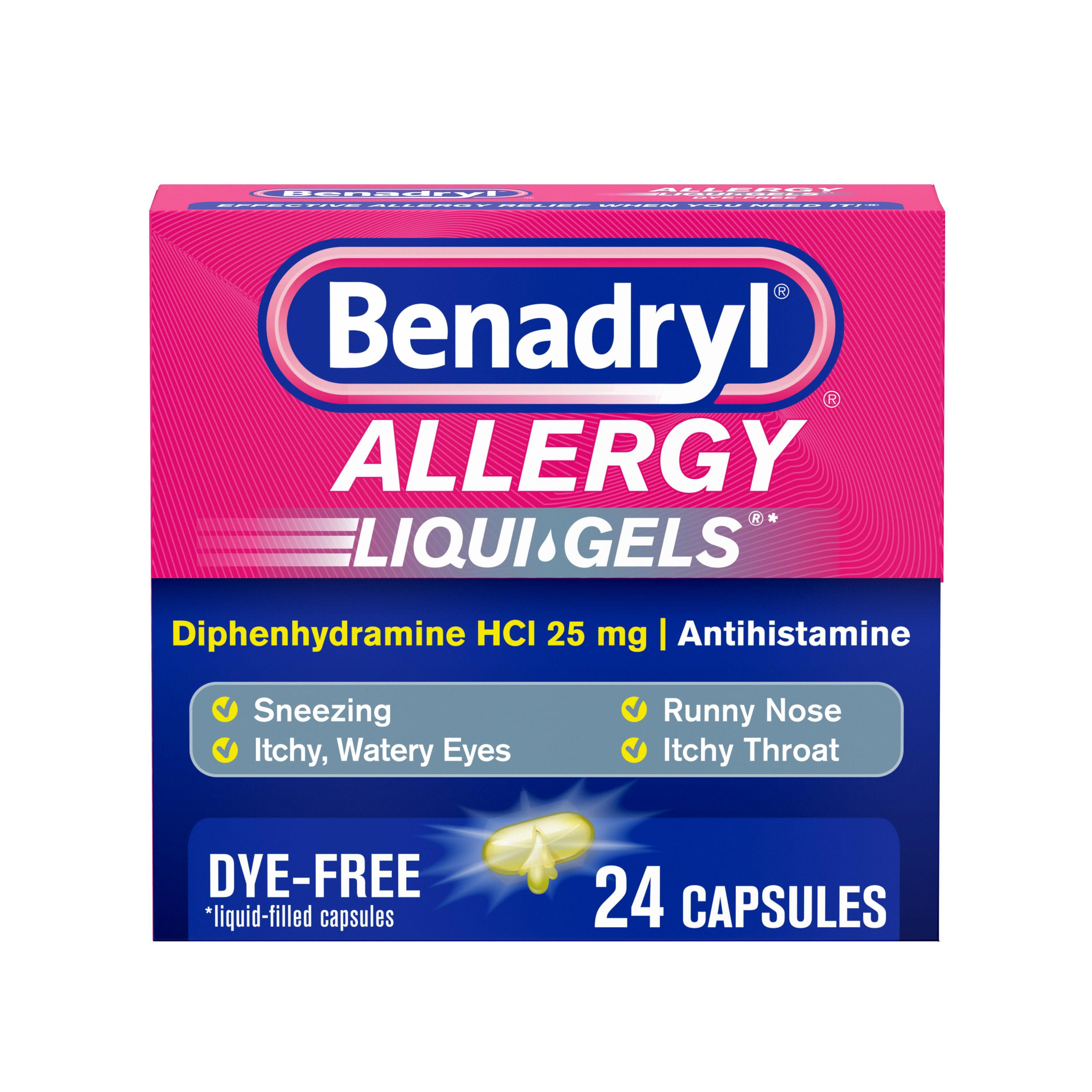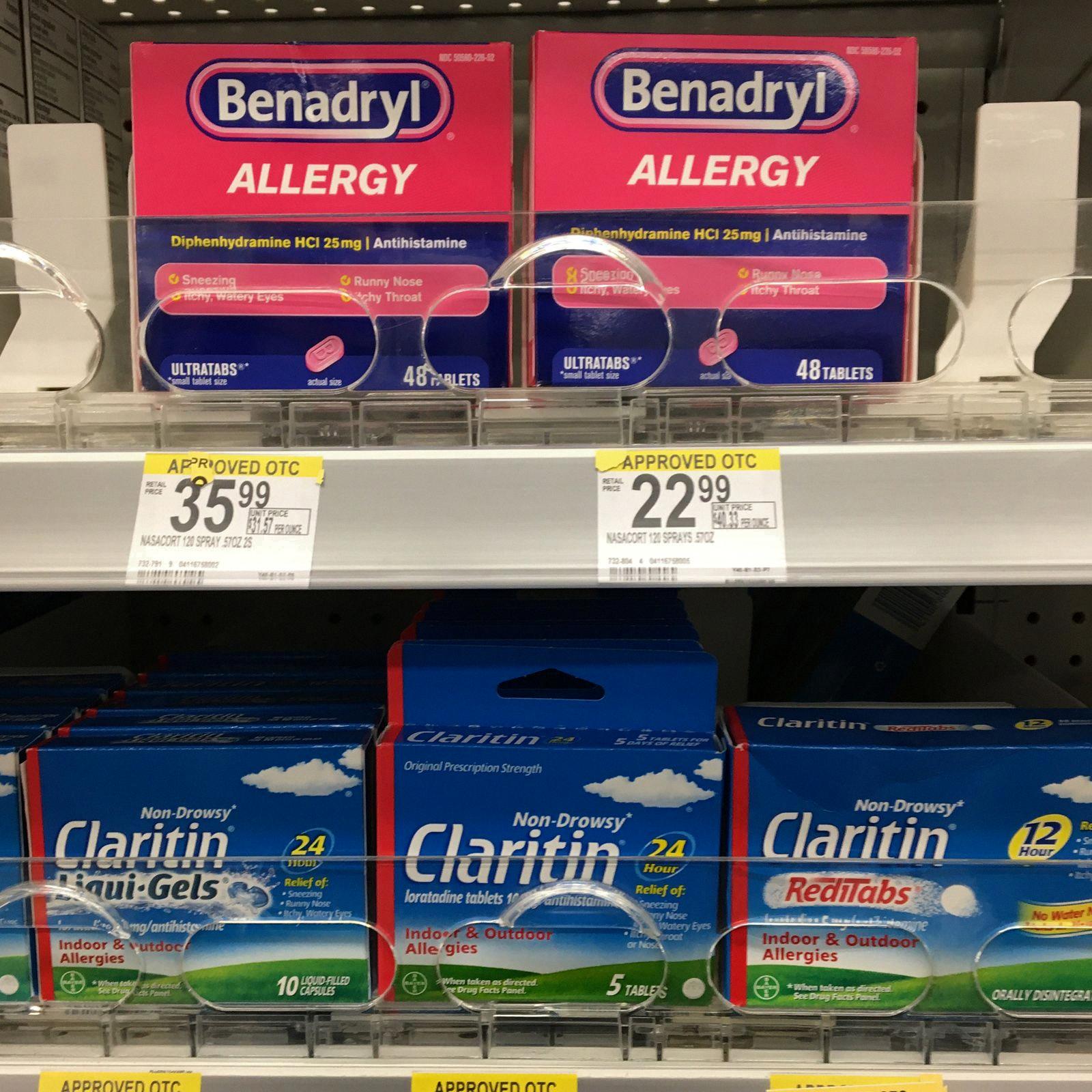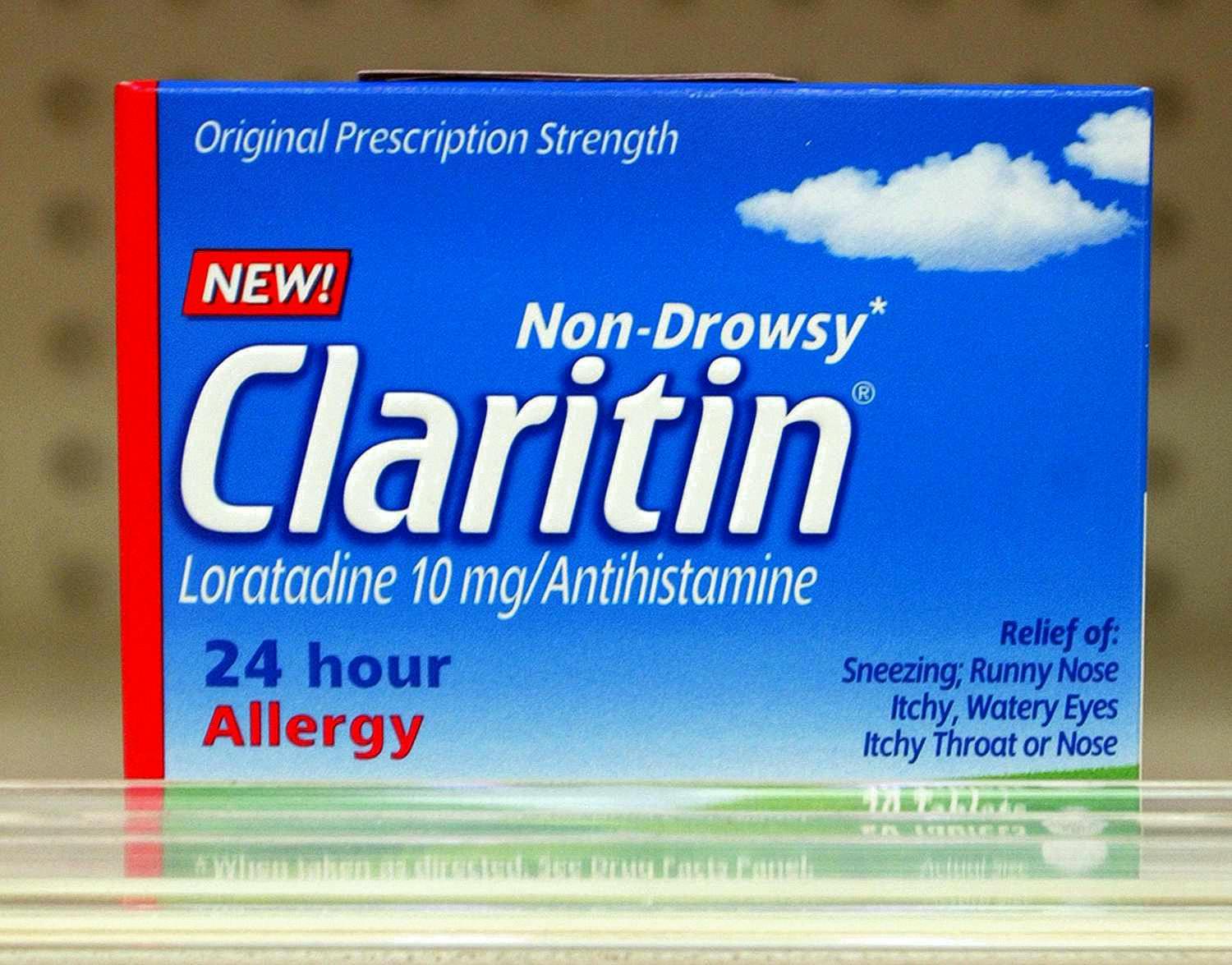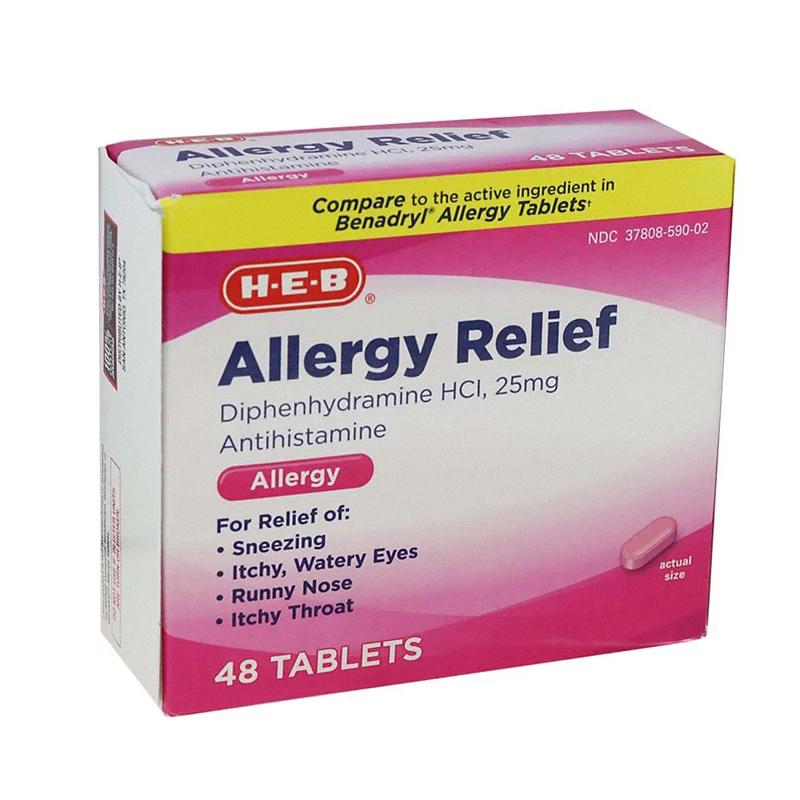If you’re suffering from clogged ears, an antihistamine may be the answer to your problems. Antihistamines work by blocking the effects of histamine, a chemical released in the body during an allergic reaction. Histamine can cuse nasal congestion, sneezing, itchy eyes and skin, and other symptoms of allergies. In some cases, it can also lead to clogged ears.
Antihistamines are available over-the-counter in tablet or liquid form. You can also get them as nasal sprays or eye drops. The most common types of antihistamines include loratadine (Claritin), cetirizine (Zyrtec), fexofenadine (Allegra), and diphenhydramine (Benadryl). All of these medications work differently and have different levels of effectiveness for different people.
When it comes to clogged ears specifically, loratadine is often considered one of the best antihistamines for relieving congestion. Loratadine works by blocking histamine receptors in the nose and throat which can help reduce mucus production and reduce swelling in the Eustachian tubes, allowing fluid to drain more easily from the middle ear.
In addition to taking an antihistamine, you should also try some other methods for unclogging your ears. These include swallowing, yawning or chewing sugar-free gum to open your eustachian tubes. If this doesn’t work, take a deep breath and try to blow out of your nose gently while pinching your nostrils closed and keeping your mouth shut – if you hear a popping noise that means it worked! You could also try using a decongestant such as pseudoephedrine which is available over-the-counter in tablet form or as a nasal spray.
If you’re suffering from clogged ears due to allergies or sinus infections then an antihistamine such as loratadine may be able to help relieve congestion and open up your eustachian tubes so that fluid can drain more easily from the middle ear. However, this should always be used with other methods such as swallowing or blowing out through your nose gently with nostril pinched closed. If these methods fail then you should speak with your doctor abut other options available for treating clogged ears due to allergies or sinus infections.
The Effectiveness of Antihistamines in Unclogging Ears
Yes, antihistamines can help unclog ears. The effect is not immediate, but they can be effective over time. Antihistamines work by reducing the inflammation of the mucous membranes in the Eustachian tube, which allows the pressure in your middle ear to equalize with the ambient air pressure. This can also help to clear out any fluids that have built up in your middle ear. It is important to note, however, that antihistamines do not work for everyone and should only be used under a doctor’s supervision.

Source: walmart.com
Treating Clogged Ears with Allergy Medicine
Pseudoephedrine is an effective allergy medicine for relieving clogged ears. It works by narrowing the blood vessels in the nose and sinuses, which helps reduce congestion and swelling. This can provide relief from clogged ears caused by sinusitis, hay fever, ear inflammation, or infection. Pseudoephedrine is available over-the-counter in various forms including tablets, capsules, and liquid gels. It is important to follow the directions on the package label and talk to your doctor before taking any medication for allergies.
The Best Treatment for Clogged Ears: Decongestant or Antihistamine?
It is best to consult with a doctor before taking any medication. Generally, a decongestant will help to relieve clogged ears caused by congestion, while an antihistamine may be more effective if your ears are clogged due to allergies. Decongestants can cause increased heart rate and blood pressure, so if you have any medical conditions, it is important to discuss the use of these medications with your doctor. Additionally, many decongestants contain ingredients that may not be suitable for certain people, such as thoe with high blood pressure or glaucoma. Antihistamines can also cause drowsiness and dryness in some people. If you do decide to take an over-the-counter decongestant or antihistamine for your clogged ears, be sure to read the label carefully and follow the directions closely.
How to Quickly Decongest Ears
If your ears are congested, there are several ways you can try to decongest them quickly. Firstly, take a hot shower or bath and allow the steam to work its way throgh your ear canals. Alternatively, you can boil some water in a pot, cover your head with a towel, lean over the pot and inhale the steam for 5-10 minutes. You can also use a saline solution in your ears to help flush out any blockage. Finally, try using a bulb syringe to suction out any excess fluid that may be blocking your eustachian tubes.
The Benefits of Claritin for Clogged Ears
Yes, Claritin can be effective for relieving clogged ears due to allergies. Claritin is an over-the-counter antihistamine that works by blocking the release of histamine, a chemical released in response to allergens. It can help reduce swelling and inflammation in the ear canal as well as other allergy symptoms like congestion and sneezing. Claritin typically begins working within a few days and should provide relief from clogged ears.

Source: britannica.com
The Effects of Zyrtec on Congestion in the Ears
Yes, Zyrtec D (Cetirizine / Pseudoephedrine) can be used to decongest ears. The pseudoephedrine in the medication is a stronger decongestant than othr decongestants, so it can help reduce inflammation and swelling in the nasal passages and sinuses that can cause ear congestion. It may also help relieve any associated headaches or ear pressure. It’s important to follow the directions on the packaging when taking this medication to ensure you get the best results.
Allergy-Induced Blocked Ears
Allergic rhinitis, more commonly referred to as “hay fever,” can cause blocked ears or a feeling of pressure in the ear. This is due to inflammation and swelling of the nasal passages, wich can result in a buildup of mucus. This mucus can then block the Eustachian tube, which connects the back of the nose to the middle ear. In addition to blocking of the Eustachian tube, allergies can also cause inflammation of the inner ear resulting in blocked ears. Allergic rhinitis is caused by allergens such as pollen, dust mites, animal dander, and mold spores. Treatment for blocked ears due to allergies typically involves avoiding exposure to allergens, taking antihistamines or decongestants, using nasal sprays or rinses, and receiving immunotherapy if necessary.
Treating Ear Fullness Caused by Allergies
In order to get rid of ear fullness due to allergies, it is important to treat the underlying cause. Over-the-counter (OTC) medications are available that can help reduce any inflammation or swelling in the ear canal. To treat allergies specifically, an antihistamine can be taken orally or sprayed directly into the ear canal. Decongestants are also helpful in reducing the amount of sinus drainage and pressure in the ear. It is important to always follow the instructions on any OTC medication you take. Additionally, many people find relief with nasal irrigation and steam inhalation.
Treating Ear Congestion and Pressure
Ear congestion and pressure can be caused by a variety of things, such as sinus congestion, allergies, or a cold. To relieve ear congestion and pressure, you can take over-the-counter medications like ibuprofen or acetaminophen to reduce inflammation and swelling. If your congestion is due to allergies, you may want to take an antihistamine like loratadine or cetirizine. Nasal decongestants such as nasal sprays, saline solutions, or tablets can also help relieve sinus pressure and blockage. Make sure to follow the directions on the medication when taking these decongestants. If your ear congestion persists for more than a few days or if it is accompanied by severe pain or discharge from the ear, see your doctor for furthr medical advice.

Source: verywellhealth.com
Causes of Congestion and Clogged Ears
There are a few possible reasons why you may be experiencing ear congestion and clogged ears. One of the most common causes is a cold or allergies, which can lead to inflammation of your sinuses and blockage of the Eustachian tube, a small passageway connecting your sinuses to your inner ear. Other possible causes include sinus infections, exposure to air travel or sudden changes in altitude, nasal polyps, and even food allergies. In some cases, wax buildup in your ear canal can also cause blockage and congestion. It’s important to see a doctor if you experience prolonged or severe symptoms of ear congestion.
Causes of Clogged Ears Lasting for Days
If your ear has been clogged for days, it is likely caused by an allergy or head cold. Allergies can cuse fluid to build up in the middle ear, resulting in a feeling of fullness or pressure. Head colds can also cause inflammation in the nasal passages and Eustachian tube, blocking the flow of air and making it feel as though your ears are clogged. In some cases, pregnancy or changes in air pressure can also cause a feeling of fullness in the ears. The best way to treat plugged ears is with decongestants and nasal sprays. If your symptoms persist after trying these remedies, you should see a doctor for further evaluation.
The Best Medicine for Drying Up Fluid in Ears
The best medicine to dry up fluid in the ears depends on the underlying cause of the fluid buildup. If the fluid is due to an infection or inflammation, antibiotics or anti-inflammatory medications may be prescribed. If the fluid is due to allergies or congestion, decongestants such as Afrin (oxymetazoline) and 4-Way (phenylephrine nasal) may be used to help reduce swelling and dry up the fluids. Additionally, using a neti-pot with a saline solution can help to flush out excess fluid in the ear and provide relief from symptoms. It’s important to visit your doctor befoe starting any new medication or treatment for fluid in the ears.
The Causes of Clogged and Muffled Ears
Your ear may feel clogged and muffled due to a Middle Ear Infection, also known as Otitis Media. This is an infection of the middle ear that can be caused by bacteria or viruses. Symptoms include fluid draining from the ear, sensitivity to touch, dizziness, and hearing loss. In more severe cases, it can cause nausea and vomiting. Treatment typically involves antibiotics or antiviral medications, depending on the cause of the infection. In some cases, surgery may be necessary to clear away any accumulated fluid in the middle ear.

Source: heb.com
Long-Term Clogged Ear: Causes and Solutions
It is possible that your ear has been clogged for months due to a sinus congestion. Sinus congestion can result from illnesses, sinus infections, and allergies and can caue the eustachian tubes to block, leading to fluid buildup in the middle ear and inflammation. If you have had a bacterial sinus infection, it is possible that it spread to the middle ear causing swelling, fluid buildup, and infection. It is important that you seek medical advice from your doctor to determine if this is the source of your clogged ear. Treatment may include antibiotics or nasal sprays.
Conclusion
In conclusion, antihistamines can be an effective treatment for ear congestion caused by allergies, inflammation, or infection. They work by reducing inflammation in the mucous membranes of the Eustachian tube, allowing it to open and allow air pressure to equalize. Furthermore, antihistamines can reduce congestion in the sinuses and nasal passages, allowing fluid to drain from the middle ear. Pseudoephedrine may provide additional relief by reducing nasal or sinus congestion caused by colds and allergies. Finally, simple activities such as swallowing, yawning or chewing sugar-free gum can help open the eustachian tubes and provide temporary relief from clogged ears.
